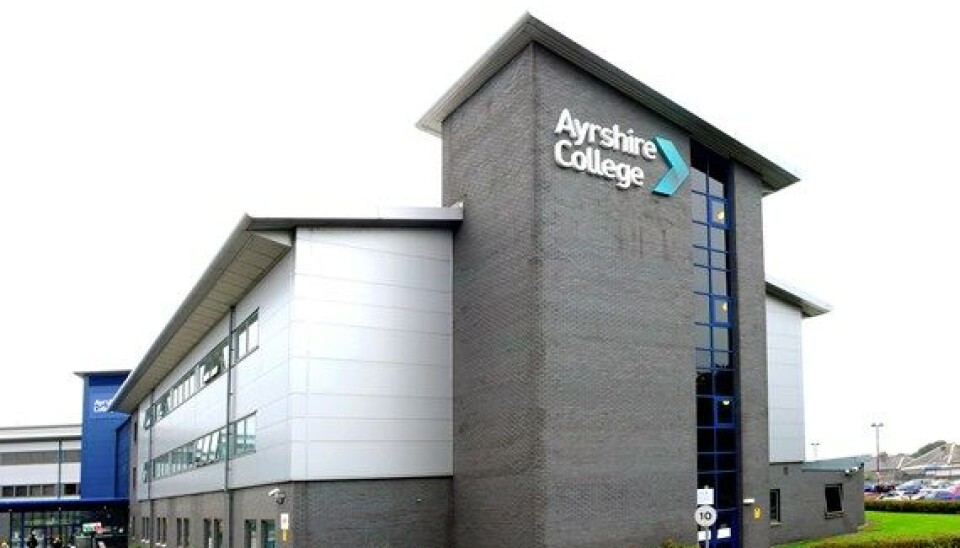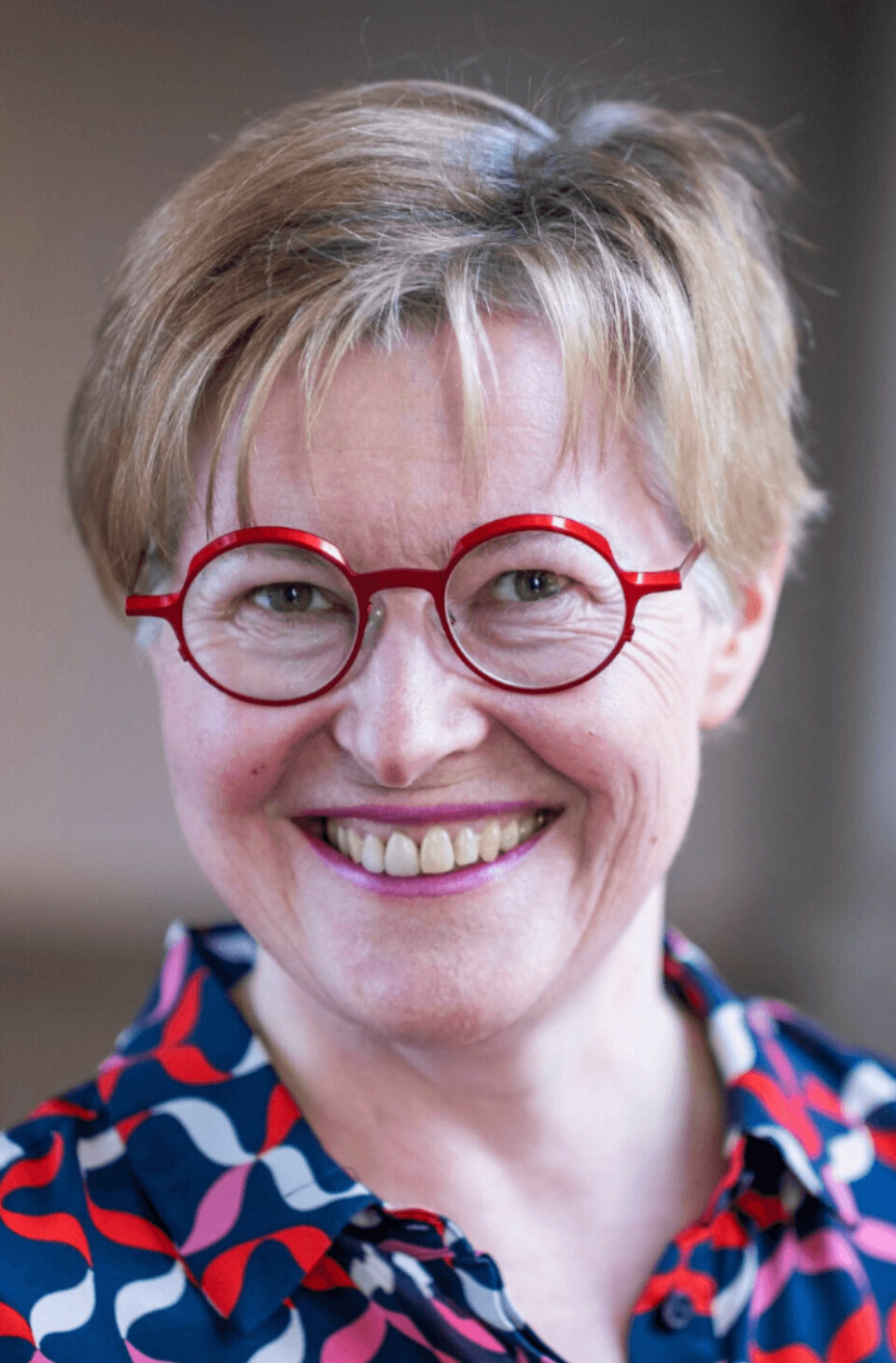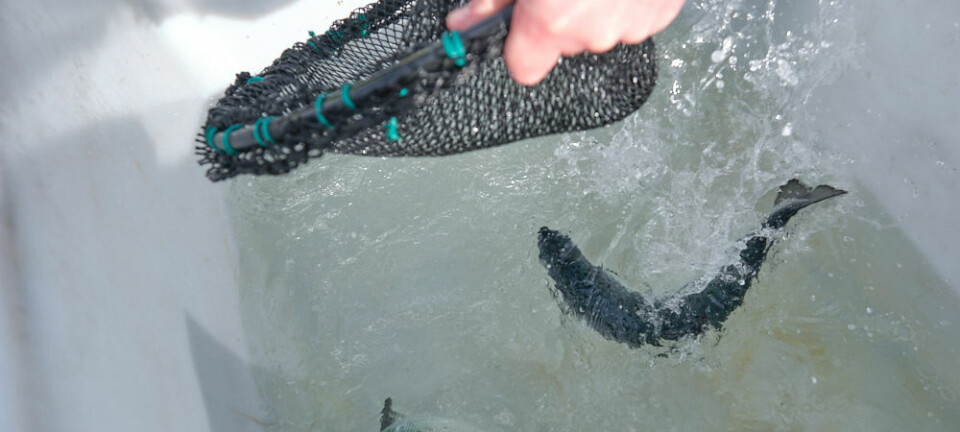
Aquaculture Innovation Centre reaches 300-member milestone
The number of companies and organisations that are members of the Stirling-based Sustainable Aquaculture Innovation Centre (SAIC) has reached 300.
Pennsylvania-based Life Diagnostics and Ayrshire College have become the latest organisations to join the Scottish Government-funded Centre’s network, taking the membership number to the milestone figure.
SAIC’s consortium is designed to connect all areas of the aquaculture sector and encourage collaboration across seafood producers, retailers, supply chain businesses, non-governmental organisations (NGOs) colleges and universities.
The network’s reach extends beyond Scotland to include other major seafood-producing nations, as well as organisations with related expertise in areas such as regulation, subsea technology, data and communications, and animal health.
One-fifth (21%) of SAIC’s members are based overseas, while 25% are in England, Wales, and Northern Ireland. Of the 169 Scottish businesses that are part of the consortium, 60 are in the Highlands and Islands and the majority are small and medium-sized enterprises (SMEs).
Fuelled by collaboration
SAIC chief executive Heather Jones said: “Successful innovation is fuelled by collaboration, and the fact we now have over 300 partners in our network shows that organisations are seeing the value of working together towards a common goal.

Our membership base has doubled since 2021 and from that point on we have increased our focus on the sector’s sustainability both in Scotland and worldwide
“Our membership base has doubled since 2021 and from that point on we have increased our focus on the sector’s sustainability both in Scotland and worldwide. Global demand for nutritious protein sources continues to rise, and we recognise the important role aquaculture will play in feeding the world’s growing population in the years to come.
“We must grow sustainably, however, in ways that reduce the environmental footprint of aquaculture while increasing its economic impact. SAIC’s role, through the consortium, is to connect leading researchers with the sector to help develop new processes and technologies, as well as tackling some of the ongoing challenges we face.”
£19.6m invested in research
SAIC said in a press release that many of its members operating in Scottish aquaculture have been supported, through the consortium, to secure third-party funding for research and innovation. A total of £19.6 million has been invested into research initiatives, with significant industry contributions on top of that. For every £1 of investment from SAIC, a further £35 of funding has been secured from other sources.
Among those now benefiting from such support is new member Life Diagnostics, which produces specialist testing equipment and immunoassays for diagnosing a range of fish health conditions.
Chris Chadwick, president of Life Diagnostics, said: “We first connected with SAIC through a project looking into salmon cardiomyopathies, and since then we have become involved with two initiatives co-funded by the (UK government’s) Seafood Innovation Fund and SAIC – one looking at modelling gill damage caused by micro-jellyfish and another at salmon immunology. Joining the consortium is a great opportunity for increasing our engagement with fish health specialists across the UK. We hope that it will lead to further collaborative research projects, supporting fish health across the sector.”
Talent pipeline
Strong relationships with higher and further education providers are also core to SAIC’s role in promoting careers in aquaculture, providing a talent pipeline, and matching up world-leading academic research with current sector needs.
In the coming months, SAIC will be working with new member Ayrshire College to highlight the range of skills and employment opportunities the sector has for students. Seafood producer Bakkafrost Scotland recently submitted plans for a new recirculating aquaculture system (RAS) for post-smolt at the Hunterston Port and Resource Centre (PARC), potentially bringing the opportunity for a number of aquaculture jobs and supply chain development to the region.
Anne Campbell, vice principal (curriculum) at Ayrshire College, said: “Local developments mean that there will soon be a new opportunity for talented people to build aquaculture careers in Ayrshire. SAIC is well-placed to help shape and develop our curriculum accordingly and raise awareness among young people of the options available to them. Being part of the network also means we can form valuable connections with other experts in the sector.”























































